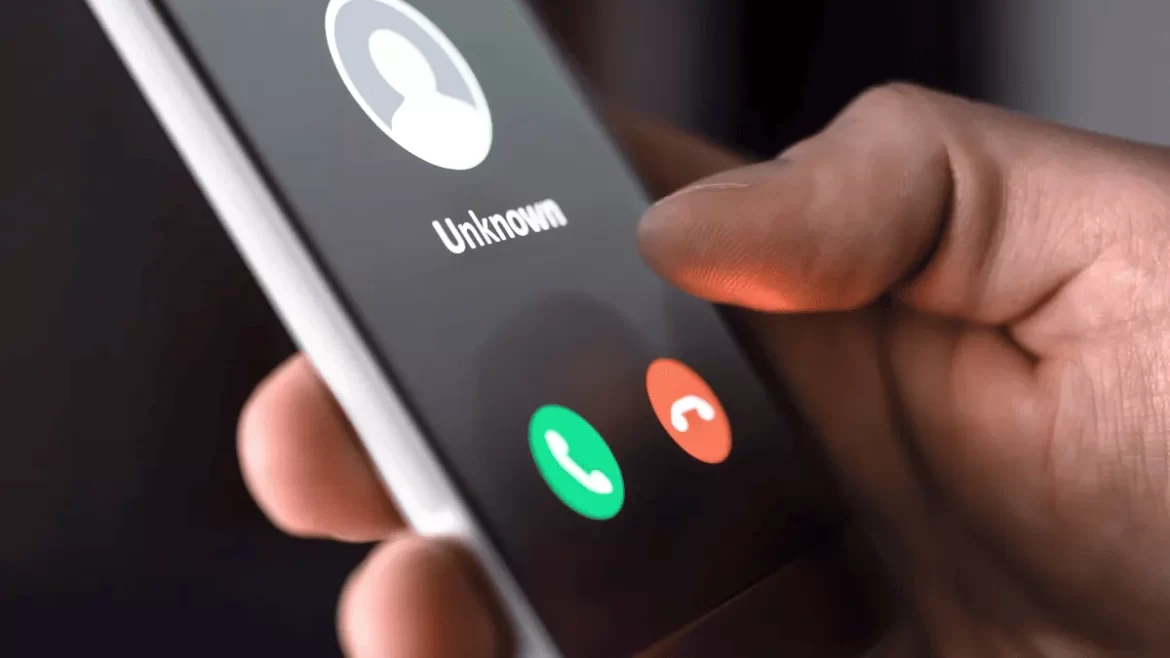San Diego Superior Court authorities recently issued a warning on an increase in phone scams when victims pretend to be law enforcement or court officials. These scams use deceitful methods and threats in an attempt to trick unsuspecting victims into parting with their money. Let’s expose this scam in detail:
The Scam
The main component of the scam is a caller acting as a representative of the court system, the sheriff’s office, or the San Diego Police Department. The fake caller notifies the intended recipient that they face fines, typically associated with unpaid warrants, jury duty non-appearances, or other court-related issues. The con artists claim that if the victim doesn’t pay these fees on time, they will be arrested.
How The Scam Works
The con artist tells victims to get cash or a money order to trick them even more. The next stage is to meet with someone who is supposedly connected to law enforcement outside of certain places, such as the courtroom or sheriff’s office, to pay the payment. Sometimes, a fake policy stating that the court does not take cash, checks, or credit cards is used to mislead the victim into thinking that a money order is the only permissible payment method.
Also Read:
Bedbug Scam Exposed: Two Arrested in France for Exploiting People in Bedbug Scam
Court’s Response
Michael Roddy, the executive officer of the San Diego Superior Court, has emphasized that the court does not engage in resolving issues or collecting fines over the phone. The legitimate resolution process involves the court sending written notices to individuals. Additionally, the court accepts various forms of payment, including checks and credit cards. Roddy advises the public to be vigilant, asserting, “People need to know that the court will not call someone on the phone to remedy a court issue or fine.”
Protect Yourself
The court officials strongly advise recipients of such scam phone calls to exercise caution. If targeted, individuals should promptly hang up and consider reporting the incident to law enforcement. The public must be aware that legitimate court communications do not occur via unsolicited phone calls demanding immediate payment.
Conclusion
People need to be aware of the most recent trends in phone scams and be on the lookout for fraudulent efforts. The public is reminded by the proactive warning from San Diego Superior Court to continue to be wary of unsolicited calls, particularly those requesting urgent financial transactions. The court hopes that by increasing knowledge, people would be better equipped to stay safe against falling for these types of scams.
Join Our Social Media Accounts
| Google News | Click Here |
| Click Here | |
| Telegram | Click Here |
| Click Here |
